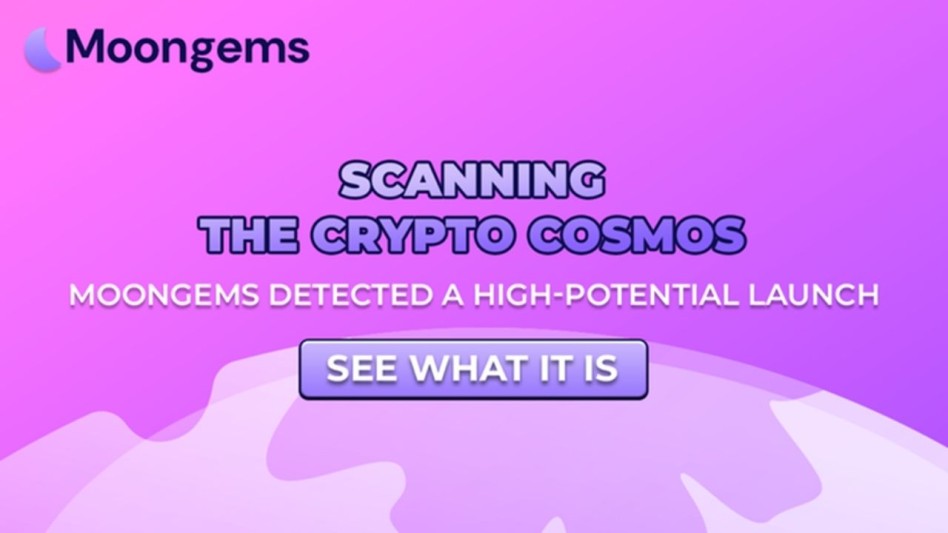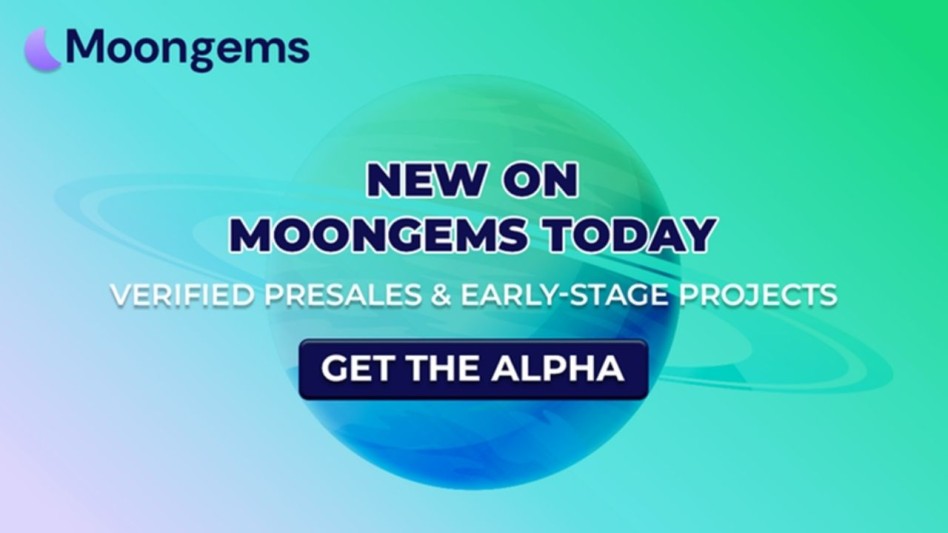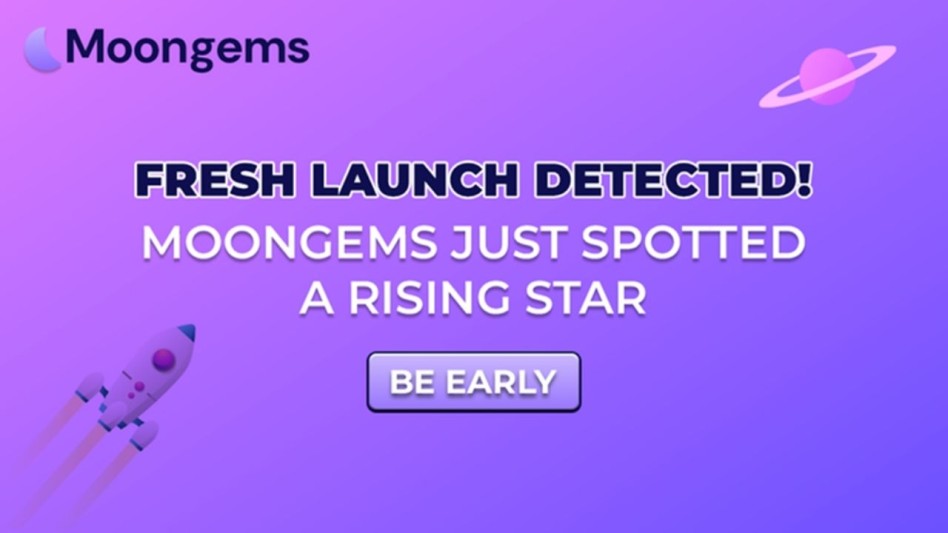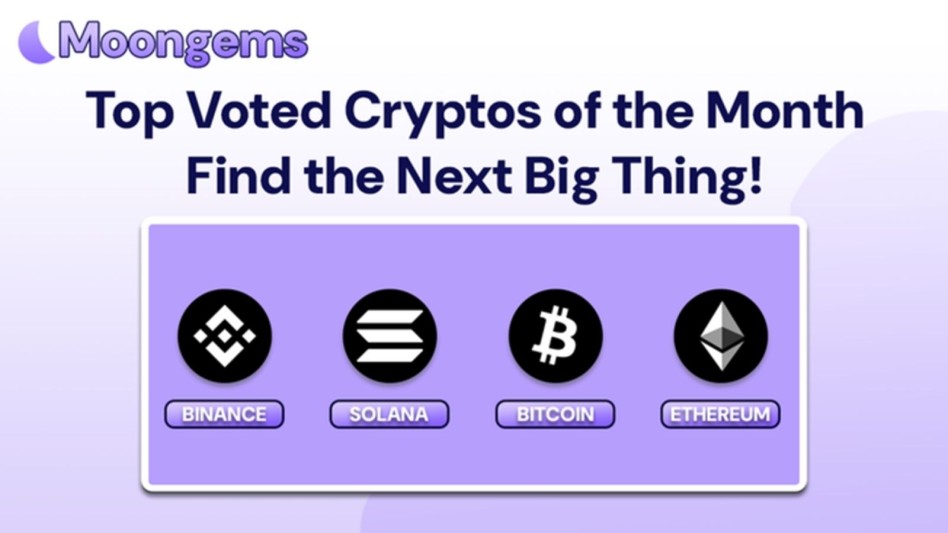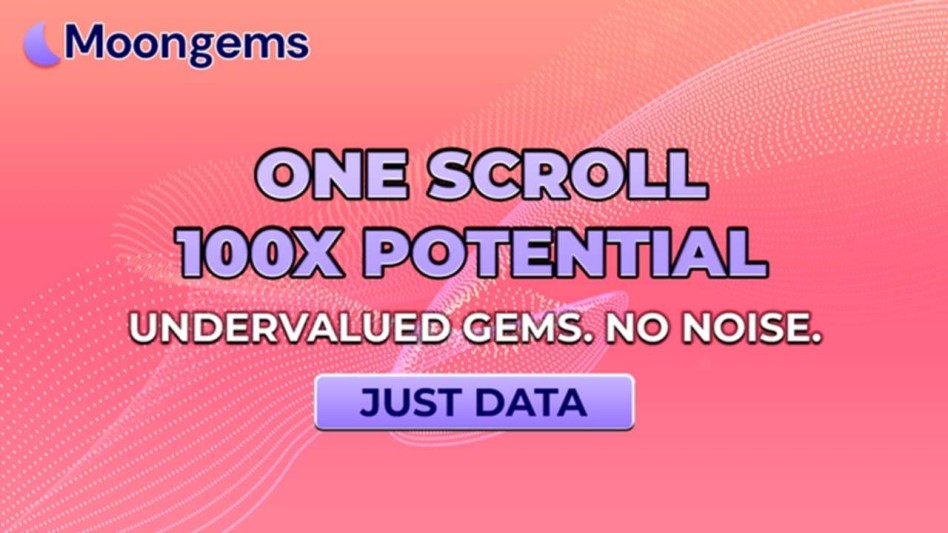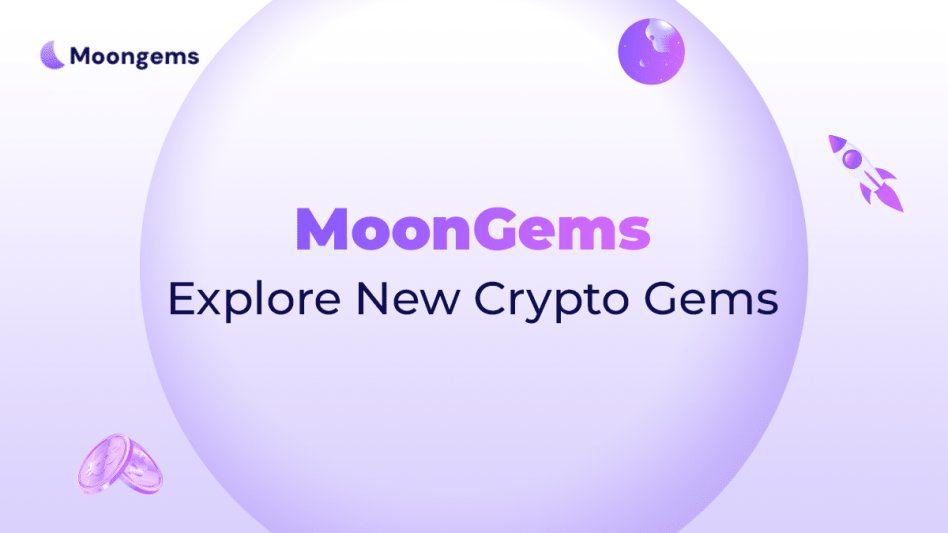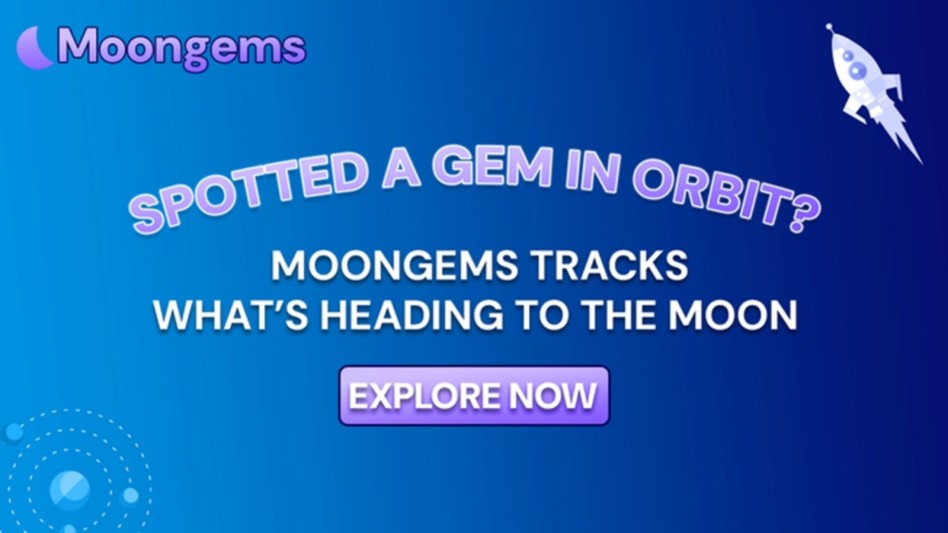A strong and best presale crypto can feel like a shortcut to early entry. It can also be a fast way to lose capital. The difference is process: verify claims, compare apples to apples, and size risk with rules. This guide sets a simple method for ranking current presale tokens using public data, then compares leading categories (wallet utility, L2 infrastructure, meme + utility, gaming, and trading tools) on price drivers, community traction, and practical risks.
How This Comparison Was Built
This framework emphasizes facts that can be checked in minutes and refreshed as markets change.
- Discovery and calendars: Moongems (presales, filters, dashboards)
- Official documentation: whitepapers, audits, and repositories linked from project sites
- Explorers and DEX pages for listings/liquidity (confirm contract addresses)
- Core references for investors and analysts:
- SEC investor guidance on token offerings (U.S.)
- ESMA/MiCA factsheets (EU)
- FATF “Travel Rule” guidance (global AML)
- Chainalysis annual crime reports (security context)
- Uniswap docs on price impact vs slippage (execution literacy)
- Messari and CoinDesk chain coverage (macro and narratives)
Note: Exact presale prices, caps, and stage progress change often. Always cross-check on official pages and the project’s page on Moongems before acting.
What Makes a “Best” Presale in 2025
1. Tokenomics that withstand basic mathFDV = price × total supply.
Initial market cap = price × circulating at listing.
These two numbers frame expectations and liquidity needs. Heavy early unlocks often create sell pressure on exact dates.
2. Liquidity plan at listingExecution quality depends on depth.
Larger pools reduce price impact; slippage settings do not fix thin liquidity.
Read a project’s listing plan, then confirm LP locks and pair details.
See price impact vs slippage basics in Uniswap docs and cross-check planned pools on Moongems listings.
3. Security and key managementLook for a named auditor, a public report with fixes, multisig on treasuries, timelocks for upgrades, and a bug bounty scope. Chainalysis’ yearly reports show that hacks and key compromise remain material, so “audit badge only” is not enough.
4. Use case and path to users
Simple stories travel farther: wallet perks, payments, trading tools, or culture (meme + utility). Utility should match an audience that actually exists on the target chain.
5. Community traction with real signalPrefer dated, testable updates over follower counts.
Strong communities ask hard questions and test features.
Community snapshots, watchlists, and sentiment: Moongems
6. Legal and geographyIn the U.S., buyers are urged to ask whether a sale is a securities offering and how disclosures are handled. In the EU, MiCA sets uniform rules for offers and service providers. Globally, the FATF Travel Rule shapes AML expectations. If a sale blocks your region or requires KYC, assume similar controls at listing.
The Shortlist by Category
Below is a category-led comparison that reflects what presale hubs, dashboards, and news coverage highlight today. For each, check live candidates and metrics on Moongems, then verify on official docs and explorers before any transaction.
Snapshot Comparison
|
Category |
What to Look For |
Typical Strengths |
Key Risks |
Live Check |
|
Wallet Utility Token |
Fee perks, staking mechanics, future card/partner integrations |
Built-in audience if the app already has users |
Security model, upgrade rights, APY sustainability |
See Moongems category filters and project pages |
|
Bitcoin L2 / Infra Token |
Rollup/sidechain design, bridge audits, emissions schedule |
Big narrative, potential user flow from BTC base |
Bridge risk, complex token economics, unlocks vs delivery |
Track L2 presales on Moongems and verify audits |
|
Meme + Utility |
Clear taxes/burn logic, realistic rewards, LP lock proof |
Viral reach, low barrier to community growth |
Owner fee switches, thin liquidity, hype cycles |
Use Moongems dashboards; confirm contract variables |
|
Gaming / “Mine-to-earn” |
Game loop, reward source, treasury policy, audits |
Engagement loops beyond price |
Unsustainable APYs, multi-token sell pressure |
Compare tokenomics on Moongems; verify vesting |
|
Trading Bots / Tools |
Custody model, fee schedule, permission scopes, revocation |
Sticky utility if execution is safe |
Privileged access risk, opaque fees |
Use Moongems to find listings; confirm on-chain permissions |
Tip: Build a watchlist on Moongems for each category, then score projects with the checklist below
How to compare within each category?
Before moving on, apply the same core checks across categories: confirm FDV and initial market cap, map unlock dates, and look for real liquidity plans rather than promises. If a wallet token clears those basics, shift focus to infrastructure projects where execution risk changes—especially around bridges, rollups, and who controls upgrades.
Wallet Utility Token — utility first, then rewards
Strong candidates connect the token to real wallet activity: fee reductions, cross-chain swaps, or premium features. A good presale page shows token supply, vesting, and a path to revenue share or utility.
- What to verify: audit status, contract roles, LP lock, and where staking rewards come from.
- Bitcoin L2 / Infrastructure — speed and bridges under a microscope
These presales pitch low fees and programmable apps on top of Bitcoin. Bridges and rollups add complexity: read the audit, see who controls upgrades, and match unlocks to hard shipping milestones.
Use Moongems to shortlist BTC-adjacent presales, then confirm bridge design and emergency controls in documentation.
Meme + Utility — culture plus code
Memes move fast; utility helps longevity. Taxes, reflections, or burns must be transparent in code and governed in a way that cannot be abused. Look for LP lock proof and a clear plan for listing depth.
Moongems dashboards surface fee/tax claims and vesting snapshots; verify with a scanner and official repo links.
Gaming / “Mine-to-earn” — rewards must add up
APY promises should come with cap logic and a real revenue path. Multi-token reward schemes can create unexpected sell pressure. Game audits and milestone demos matter more than teaser art.
See gaming presales on Moongems, then check emissions math and vesting calendars.
Trading Bots / Tools — utility with security at the core
If a bot executes trades for users, custody and permissions are critical. Read how approvals work, how fees are taken, and how to revoke access. Transparent fee schedules and emergency stops are positives.
Use Moongems to find bot/tool presales, then confirm contract addresses and permissions on explorers.
Macro Context: Narratives and Where They Start
Presales do not live in a vacuum. Chain narratives shape flows. In 2025, analysts on major outlets and social feeds debate Solana’s activity surges, fee dynamics, and DeFi share. That debate can pull attention toward Solana-based meme and utility tokens during peak periods. Treat narratives as context, not signals. Verify on-chain data, liquidity depth, and unlock calendars before moving size.
Track sentiment and compare categories in one place: Moongems
How to Compare Presales in Minutes (repeatable checklist)
Whitepaper & Docs
- Clear utilities and rights
- Token supply, vesting, and use of funds
- Roadmap with dated milestones and shipping proof
Tokenomics
- FDV = price × total supply
- Initial market cap = price × circulating at listing
- Unlock density in first 90 days; top-10 holder share
- Handy: supply splits and calculators on Moongems
Liquidity at Listing
- Planned pool size and fee tier
- Pair choice and initial market makers (if any)
- LP lock proof and revocation path
- Cross-check listings and depth trends on Moongems
Security
- Named auditor and public report with fixes
- Multisig for treasuries, timelocks for upgrades
- Bug bounty scope and payouts
Community
- Specific, testable updates vs vague hype
- Organic engagement; helpful moderators
- Shipping cadence in public repos
Legal & AML
- Region eligibility and KYC policy noted
- U.S.: read SEC investor guidance before any transfer
- EU: MiCA whitepaper and offer rules
- Expect FATF Travel Rule data sharing between VASPs
Post-Buy Monitoring
- Holder breadth improving
- Liquidity depth stable or rising vs volume
- Roadmap delivery and transparent post-mortems
Simple Numbers Worth Keeping
- FDV sensitivity
If FDV is rich vs peers, more new demand is needed to sustain price after listing. Size accordingly. - Liquidity coverage ratio (rule of thumb)
LCR ≈ pool liquidity ÷ 24-hour volume. Higher is safer for execution during rush periods. - Price impact vs slippage
Price impact is driven by pool depth; slippage is the tolerance a trader sets. Deeper pools keep fills close to quotes.
Case Notes (Anonymized Patterns) Cliff Day Shock
A team unlocked a large tranche at day 30; price fell as insider supply hit thin pools.
Lesson: map unlocks to delivery and size risk around cliff dates.Owner Fee Switch
A “fixed 2% tax” was changeable by an owner role; fees spiked during peak hype.
Lesson: read contract variables, role permissions, and upgrade paths.Quiet Execution Win
A team locked LP for a year and shipped on schedule. Depth improved, and fills stayed clean.
Lesson: boring transparency can beat loud promises.
Risks to Price and Capital
- Smart-contract flaws and key compromise — audits reduce, never remove, risk.
- Liquidity gaps — thin pools magnify moves and widen slippage.
- Concentrated holders and early unlocks — precise dates can trigger drawdowns.
- Regulatory and geographic limits — registration, exemptions, KYC/AML.
- Narrative whiplash — social buzz lifts and fades; do not anchor on sentiment alone.
- Monitor categories, unlocks, and depth in one place: Moongems
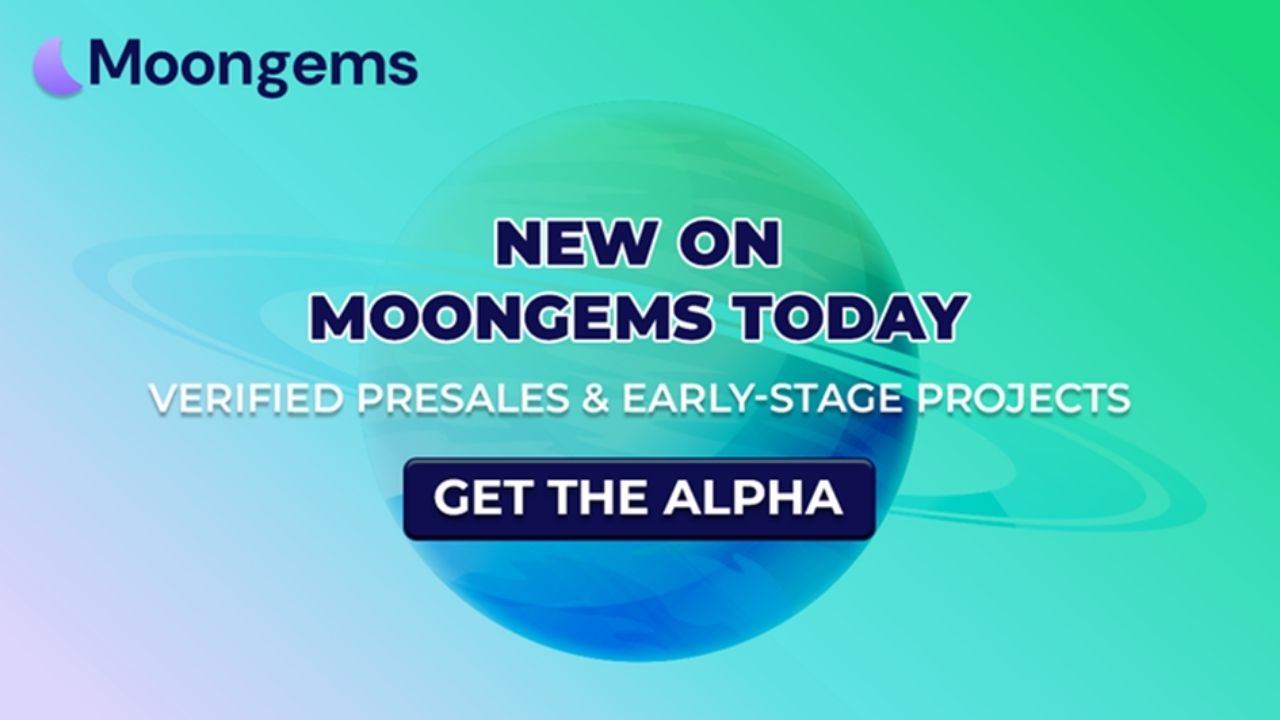
Conclusion: Process Over Promises
There is no single “best presale crypto.” The best is the one that clears a high bar for documentation, token design, security, and execution—and fits a prudent risk budget. Use a repeatable checklist, verify numbers on explorers and official docs, and let position size reflect uncertainty. Treat aggregator lists and category dashboards on Moongems as starting points, not verdicts.
Frequently Asked Questions about Best Presale Crypto 2025
What makes a presale “best” right now?
The strongest candidates pair clear tokenomics and a credible listing plan with visible security measures (audits, multisig, timelocks) and steady shipping. Community helps, but testable updates matter more than follower counts. Compare FDV, unlock density, and planned depth.
How can presale details be verified fast?
Start with the official site and the project page on Moongems. Confirm contract addresses on explorers, read audit summaries and remediation notes, and check LP locks. Where listings are promised, ask for pair, fee tier, and initial depth. If data is missing, pass.
Why do Solana narratives keep appearing in presale coverage?
Analysts track Solana due to high throughput and retail-friendly fees. During hype waves, attention shifts toward Solana-based meme and utility tokens. Treat this as context, not advice. Verify depth, unlocks, and user traction before acting. Use Moongems to compare categories.
Which on-chain metrics matter most after buying?
Holder distribution, liquidity depth versus volume, and the unlock calendar. Healthy projects broaden holders, defend depth, and hit roadmap targets. Build watchlists and compare trends on Moongems.
Do audits make a presale safe?
No. Audits lower risk but cannot stop poor key management or unaudited upgrades. Look for fresh audits after major code changes, live bug bounties, and timelocks for privileged actions. If security is a mystery, the risk budget should be small or zero.
How should early investors size risk?
Use small entries, then add only if facts improve: new audits, deeper pools, broader holders, and shipped features. Keep a limit per project and a cap per category. Track all positions and notes in one place with Moongems watchlists.
Where can current presales be found and compared?
Use discovery hubs that list live and upcoming sales with tokenomics, vesting, and links. Moongems aggregates calendars, filters, and dashboards so investors can compare terms and depth before committing.
Glossary
- Presale: Early sale of tokens before exchange listing.
- FDV (Fully Diluted Value): Price × total supply.
- Initial Market Cap: Price × circulating supply at listing.
- Price Impact: Price change caused by a trade against pool depth.
- Slippage: Difference between expected and executed price.
- LP Lock: A lock on liquidity tokens to reduce rug risk.
- Vesting/Cliff: Scheduled token releases that can affect price.
- Multisig: Wallet requiring multiple signatures to move funds.
- Timelock: Delay for privileged operations to improve transparency.
- Travel Rule: AML rule requiring sender/recipient info for covered transfers.
Disclaimer
This content is educational and not financial, legal, or tax advice. Digital assets are volatile and can result in total loss. Token sales may raise securities-law and AML/Travel-Rule obligations that vary by jurisdiction. Always verify contract addresses, read audits and official disclosures, confirm LP locks and vesting on-chain, and consult licensed professionals before making investment decisions.



